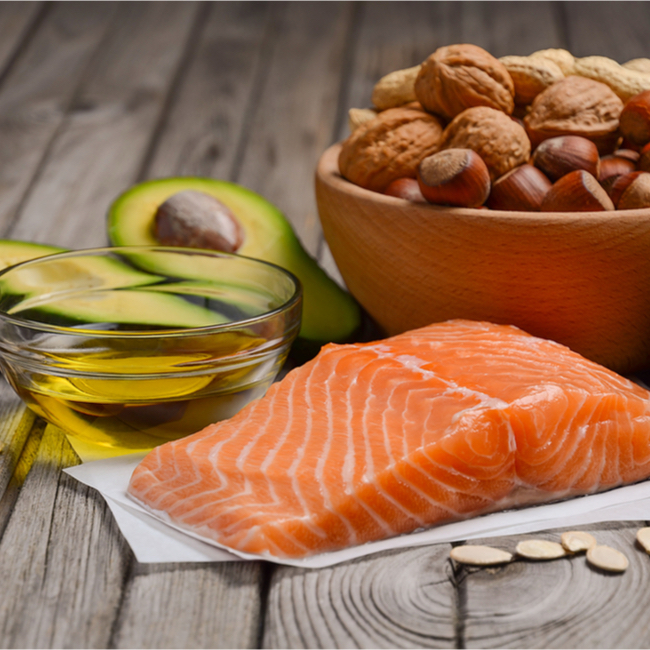According To Doctors, This Is What Actually Happens To Your Body When You Follow A Low-Fat Diet
September 18, 2021 by Merrell Readman
It is not uncommon in dieting to completely eliminate or significantly reduce the consumption of certain food groups within your day to day eating plan in order to achieve the results you’re looking for on the scale. However, regardless of what that group may be, total elimination of any food from your diet can create a mindset of deprivation which will ultimately make your new eating plan much more difficult to stick to over an extended period of time.
Your body then may take a more significant hit when the food group you remove from your diet is one of the primary macronutrients you need to survive. A low-fat diet has skyrocketed in popularity as it touts claims of significant weight loss and an overall healthier body, but what impact does cutting out a vital nutrient really have on your body?
While it may be true that removing fat from your eating habits may offer you visible weight loss, there are other implications of a low-fat diet which may fly under the radar and should be better discussed if you intend on making this your eating plan of choice. We checked in with Kimberly Gomer, MS, RD, LDN, Director of Nutrition at Pritikin Longevity Center and Dr. Macklin Guzman, DHSc, MPH and Chief Science Officer for Medi-Weightloss to get some clarity on what actually happens inside your body when you remove fat from your diet, and this is what they had to say.
The primary reason that people often remove fatty foods from their diet is that some of these items are naturally higher in calories than other foods. Achieving a sustainable calorie deficit is essential for seeing visible weight loss results, but when that comes at the expense of valuable nutrients it can actually negatively impact your overall health.
“Fat is the most calorically dense food – coming in at 9 calories per gram compared to protein and carbohydrate at 4 calories per gram. So by decreasing fat, weight loss will come easier,” explains Gomer. However, not all fats are created equal, and while you may be saving on calories by cutting out fat across the board, you’re losing out on valuable nutrients that help preserve the function of your body in the day to day.


